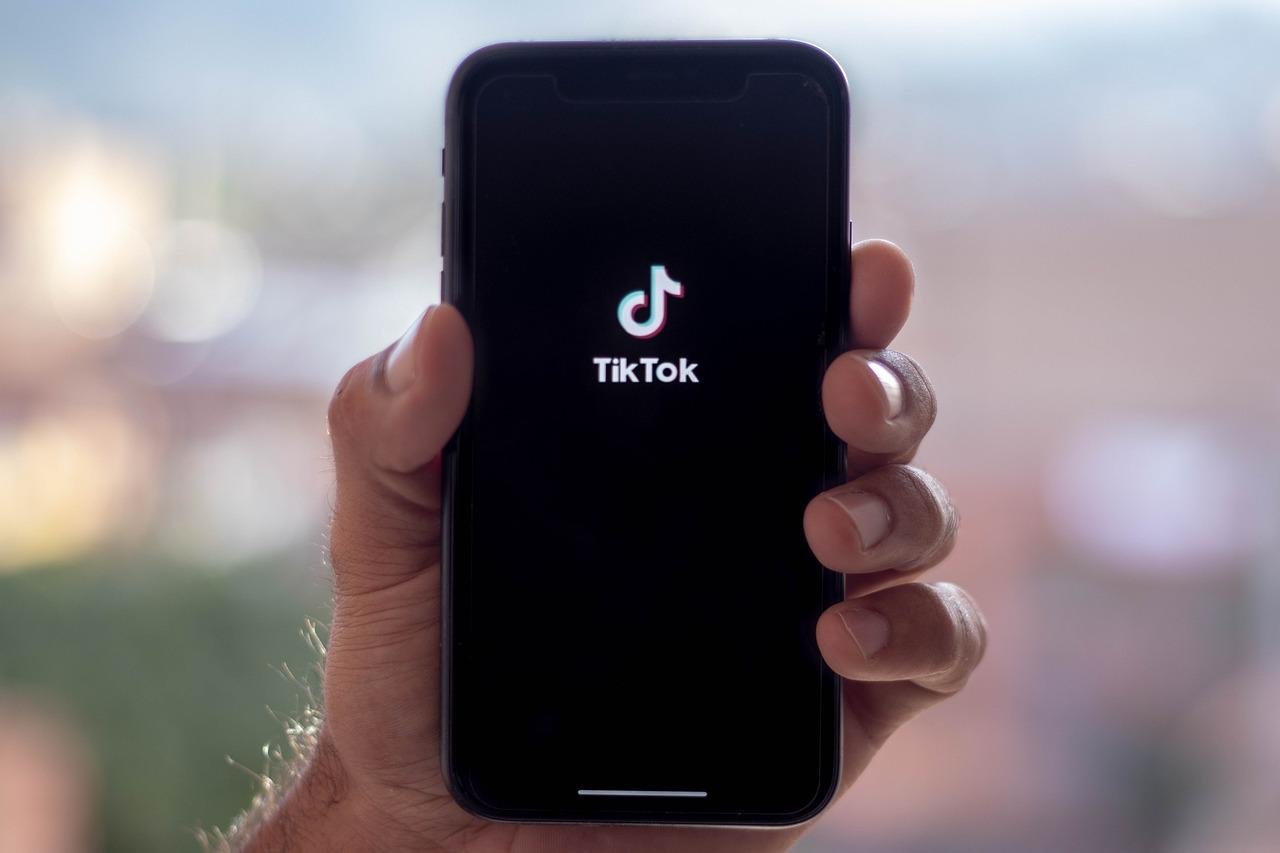Business
Supreme Court Set to Examine TikTok Ban Challenge

The U.S. Supreme Court is set to evaluate the legality of a potential TikTok ban in the country, agreeing on Wednesday to an expedited schedule for briefings. A significant ruling on whether to pause the enforcement of a congressional ban on the app’s foreign ownership is expected to be made following oral arguments on January 10.
This case arises from a bipartisan law aimed at prohibiting TikTok unless its parent company, ByteDance, relinquishes control. Lawmakers have expressed concerns over national security, claiming that the company’s ties to China could allow the government there to access sensitive U.S. user data.
TikTok has consistently denied these allegations, asserting that its operations in the U.S. are managed by California-based TikTok Inc. The app points out that its recommendation algorithms function on servers operated by Oracle within the United States.
Despite ByteDance’s Chinese subsidiaries, the company itself is incorporated in the Cayman Islands. Shareholders include global investors and employees, as well as Zhang Yiming, one of TikTok’s founders, who resides in Singapore.
The company criticizes the U.S. government for failing to finalize a national security agreement that would safeguard against foreign interference in content moderation. TikTok previously invested over $2 billion in what was termed Project Texas, which aimed to address security concerns, but negotiations fell through in September 2022. TikTok claims that government officials disrupted these discussions by advocating for divestment instead of clarifying the shortcomings of the proposed agreement.
In a recent appeal to the D.C. Circuit, TikTok argued that the law imposes unconstitutional restrictions on free speech. “The government admits that in the years it has had concerns about TikTok, it has found no evidence that any foreign adversary has manipulated the content Americans see or misappropriated their private data,” the company stated. Rather, TikTok contends, the legislation relies on hypothetical risks regarding future events.
A ruling from the appeals court earlier this month acknowledged that although the law limits speech, it satisfies constitutional criteria due to its purpose of addressing a significant government interest. The D.C. Circuit declined to suspend its decision, paving the way for the Supreme Court’s review.
As the January 19 deadline approaches, TikTok has urged the Supreme Court to expedite its review, emphasizing the urgent need for a decision by January 6 to prevent the imminent ban.


















